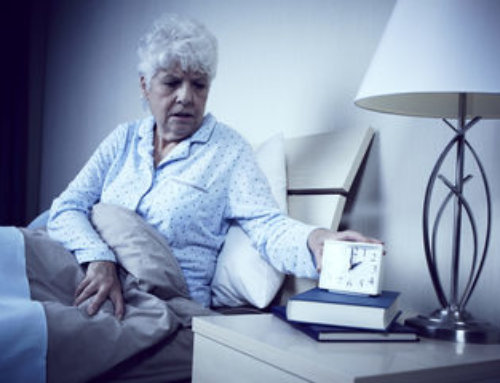A study in the May issue of the journal SLEEP is the first to show that adolescents who complain of insomnia have increased fast frequencies in the electroencephalogram while trying to fall asleep or while asleep, and these levels were highest in those with short sleep duration. According to the authors, the results show that, even when asleep, the brain of adolescents with insomnia continues to process information and remains more alert than that of good sleepers.
Read the study in SLEEP: Insomnia is Associated with Cortical Hyperarousal as Early as Adolescence




